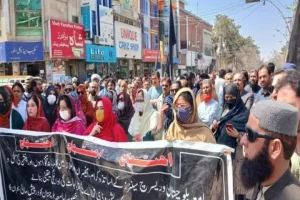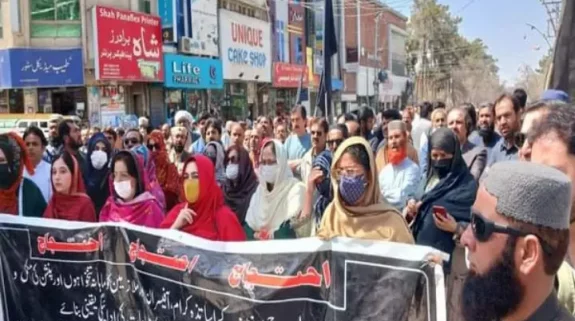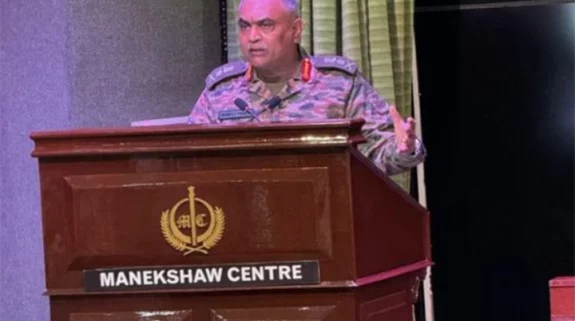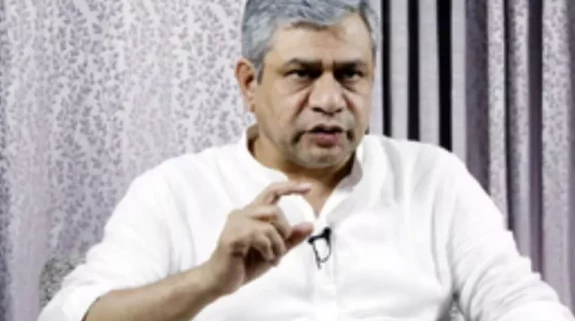The newly formed Ministry of Cooperation under the aegis of home minister Amit Shah has a challenging task at hand. The most important job for the ministry will be to provide a mechanism to resolve the conflicts arising from multiple regulators overseeing the co-operative societies. It will also have to streamline the registration process of the co-operative societies.
Sample this. A co-operative bank comes under the Reserve Bank of India but it can also be guided by NABARD and the co-operative society.Co-operatives in India can be registered under the state or centre.
The ministry will also have to come up with guidelines aimed at weeding out discrepancies and corruption in the sector. Since this sector has largely gone unregulated, many of the cooperative societies across sectors including banking and housing have been hit by large scale corruption.
Operations within these cooperatives are often laced with opaqueness leading to miseries for the common stakeholders.
Besides, political influence has increased in several cooperative societies.
“Cooperatives are the backbone of the country and need to be strengthened to empower the marginalised,” Gopal Krishna Agarwal, BJP’s spokesperson told India Narrative.
“Ambiguities need to be removed and we need to ensure that the cooperatives can deliver efficiently. For this, rules which are uniform in nature need to be framed for cooperative societies,” Agarwal added.
At present, there are about eight lakh cooperatives in the country.
Also read: All eyes on the new Ministry of Cooperation: Will it finally unshackle Bharat?
Besides, the functioning of the proposed 10,000 farmer producer organisations (FPOs) — as announced by the Narendra Modi government—will also come under the ambit of the new ministry. A government statement said that more than 86 per cent of farmers in the country are small and marginal. “There is a need to facilitate our farmers with access to improved technology, credit, better input and more markets to incentivize them to produce better quality commodity.
For this, aggregation of small, marginal and landless farmers into FPOs will help enhance economic strength & market linkages of farmers for enhancing their income,” the statement said, adding that the agriculture sector is critical for India’s economic growth.
India’s co-operative movement, which came up even before independence, the government said that the new ministry will streamline processes for ‘ease of doing business’ for the co-operative societies. The operations and development of multi-state cooperatives will also be facilitated by this ministry.
Also read: Key changes in PM Modi’s Cabinet reshuffle upgrade professional quotient
Several co-operative societies such as Amul that is owned by 36 lakh milk producers in Gujarat, Kendriya Bhandar, Indian Farmers Fertiliser Cooperative (IFFCO) have hit the headlines for their success stories but there are many that have withered. The common person is the worst impacted in cases when cooperatives collapse.
“The sector is key to economic development of India and we must look at it in a holistic manner to make it more robust and efficient,” RS Sodhi, managing director Amul, told India Narrative.
The bottomline—Credibility of the cooperatives is key to instil confidence among people. The new ministry will have to walk the talk.




















